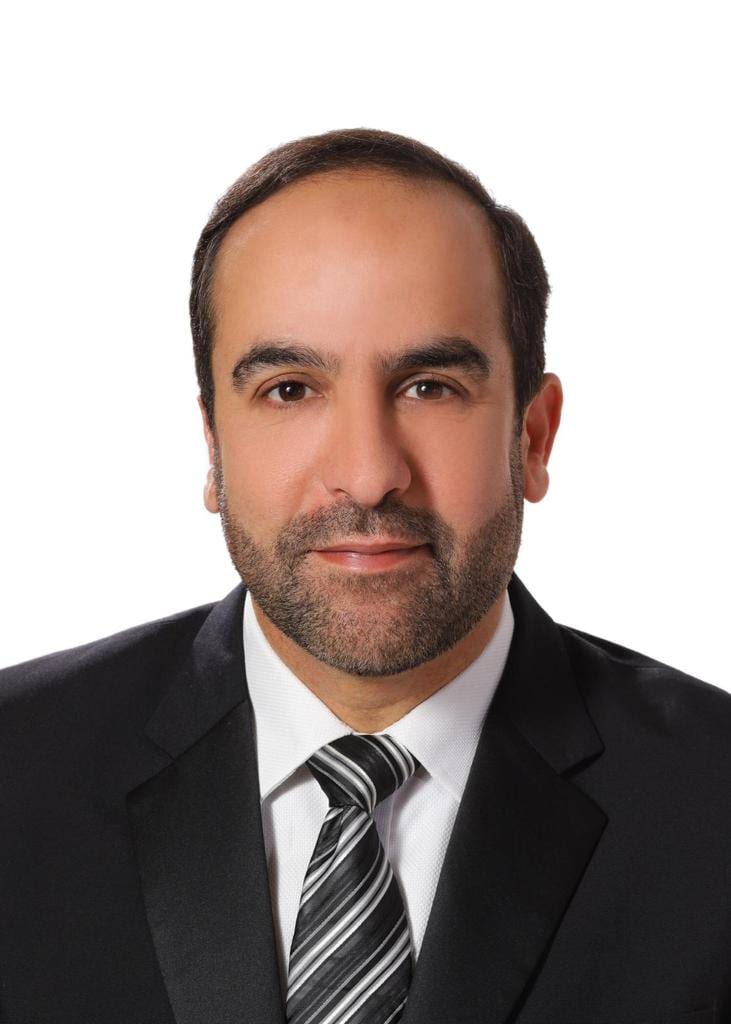In today’s world, international law has been hollowed out—reduced to symbolic language with no teeth—and reason itself is increasingly shaped not by justice, but by raw power. The leaders of the so-called G7 have once again gathered to issue one of their formulaic declarations: carefully worded, predictably imbalanced, and ultimately designed to placate public conscience without addressing the underlying injustice.
Their latest statement followed the same well-worn script: “Israel has the right to defend itself.” A phrase now deployed after every round of aggression, every airstrike on civilians, every time a neighbourhood in Gaza is flattened into dust.
But this time, the message carried a deliberate omission. By asserting Israel’s right to self-defence, the G7 implicitly denied Iran that same right—despite being under threat.
While Tehran continues to face sanctions and isolation for the mere pursuit of nuclear capabilities—regardless of one’s position on Iran—Israel’s undeclared yet widely acknowledged nuclear arsenal is met with international indifference. There are no inspections, no UN resolutions, no sanctions, and no accountability. The message is clear: one state must remain defenceless, while the other may arm itself with impunity.
This is what passes for “justice” in the modern Western lexicon—a justice rooted less in principles and more in geopolitical convenience.
The same G7 statement, predictably, ends with its usual illusion of balance: “We urge both Iran and Israel to de-escalate and preserve regional stability.” But what de-escalation? What stability? Who began the aggression? Who lives on their own land—and who was built atop the ruins of a people displaced?
This isn’t about defending Iran, which has its own policies, flaws and interests. But fairness demands a clear distinction between a state—however contentious—and a state-like entity imposed by force, created and armed by the West, and sold to the world as legitimate in a region that never chose it.
Israel did not emerge from an organic political process. It is the product of an international colonial project—where wealth, power, and geography aligned. A state built on stolen land, its native people expelled, and immigrants imported from across the globe to take their place—equipped with money, arms, and unwavering political support to expand, dominate, and threaten. This entity has never respected borders—because it doesn’t recognise them. Every neighbouring land is seen as “annexable”, and every neighbour unwilling to submit is labelled a “threat”.
In this twisted equation, the side with missiles, drones, and nuclear submarines is painted as the victim, while those besieged and denied food, water, and electricity are labelled terrorists. The power that flattens homes claims self-defence, while the people cowering in rubble are accused of using human shields. The bombers are justified; the bombed are dragged before tribunals.
And when the so-called civilised world—built on ideals of liberty, justice and human rights—remains silent, or worse, defends the slaughter broadcast live on our screens, we must ask: Has something vital in humanity died?
When hospitals and schools are bombed, when entire populations are starved into submission, when the names of the dead go unmentioned simply because they are not “on the Western side” of the conflict—then it’s not just lives that are lost, but our collective morality.
When UN resolutions are trampled, when the International Criminal Court is blocked, when villages are devoured and land is auctioned off with Western backing, and still we’re told “this is self-defence”, then we are no longer living under international law—we are living under the law of the jungle.
In this jungle, the lion is free to tear its prey apart, while the gazelle is told not to run too fast, lest it “disturb the peace.”
Countries are classified as good or evil—not based on their actions, but on their loyalty to global power. The oppressor is allowed to arm itself to the teeth, while the oppressed is punished even for daring to speak.
This is the new order: double standards, selective morality, and justice dispensed by whim and identity.
And what’s more striking is this: no one’s really buying it anymore. Even in the West, public opinion is shifting. People are seeing the truth. They are realising that all this talk of human rights is just a mask for a grotesque face. And yet, that mask—tattered as it is—continues to be used to justify death in Palestine, the siege of Gaza, the bombings in Lebanon, threats to Syria, conspiracies against Iraq, pressure on Iran, and silence on anything remotely Zionist.
There will be no peace in this region until the world acknowledges a fundamental truth: a foreign entity arrived on the back of tanks, took root by force, and was emboldened through decades of American and European backing. It sees every neighbour as a target, every act of resistance as terrorism, and every free nation as an enemy.
You cannot build your state on blood and claim to be the victim—no matter how clever the media spin.
Some may say this has all been said before. That nothing here is new. But the repetition of injustice doesn’t make it acceptable. And normalising oppression is a crime in itself.
The voice of justice must not fall silent—even if it says the same truth a thousand times.
The truth never goes out of date.
And unless the conscience of humanity wakes from its current stupor, the world’s beasts will continue to hand out absolution to the killer, lecture the victim on morality, and redraw the world’s borders in the ink of profit—not the tears of mothers.
As for us, the least we can do is refuse to be complicit through our silence.
The views expressed in this article belong to the author and do not necessarily reflect the editorial policy of Middle East Monitor.

![The logo of the G7 Summit in Kananaskis is displayed outside the International Media Center in Banff, Alberta, Canada, on June 16, 2025. [Artur Widak - Anadolu Agency]](https://i0.wp.com/www.middleeastmonitor.com/wp-content/uploads/2025/06/AA-20250617-38299554-38299537-ACTIVISTS_STAGE_SYMBOLIC_PROTESTS_DURING_G7_MEETINGS_IN_CANADA.jpg?fit=920%2C605&ssl=1)







